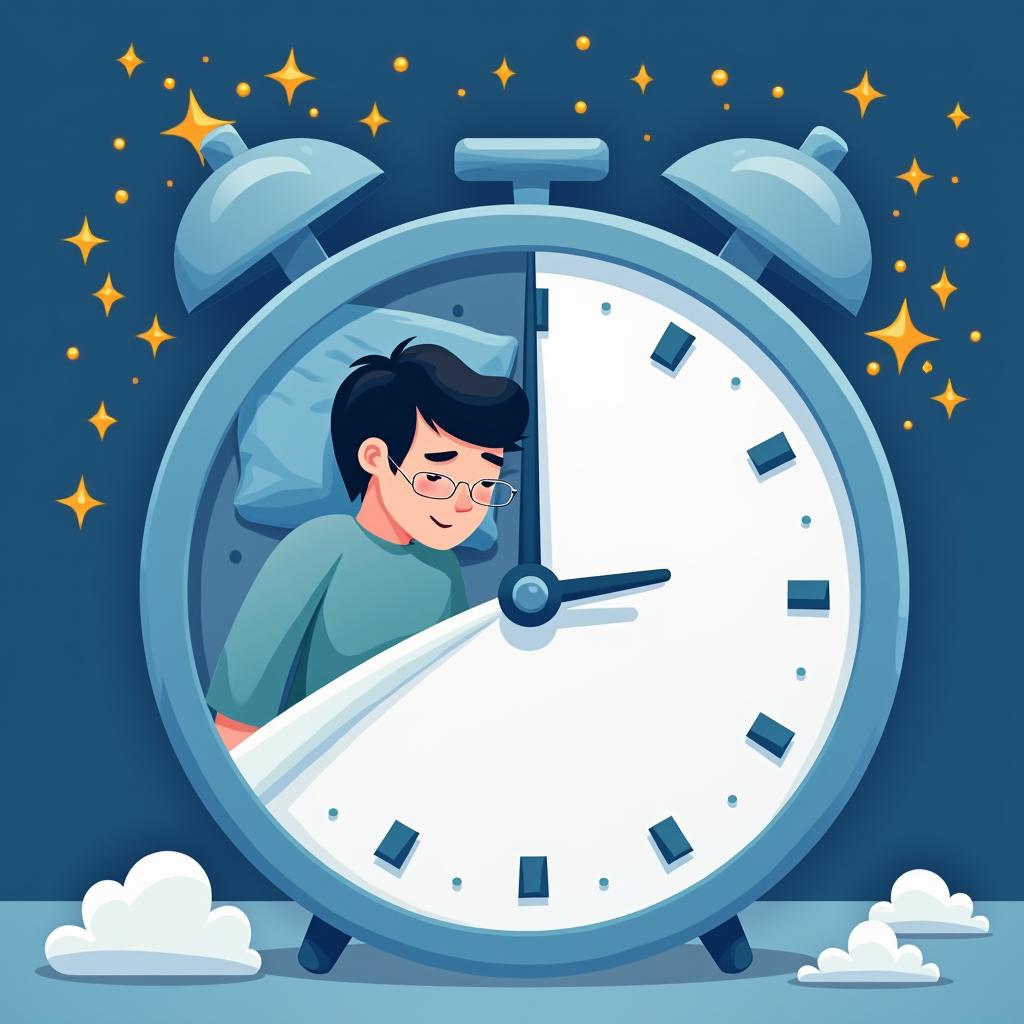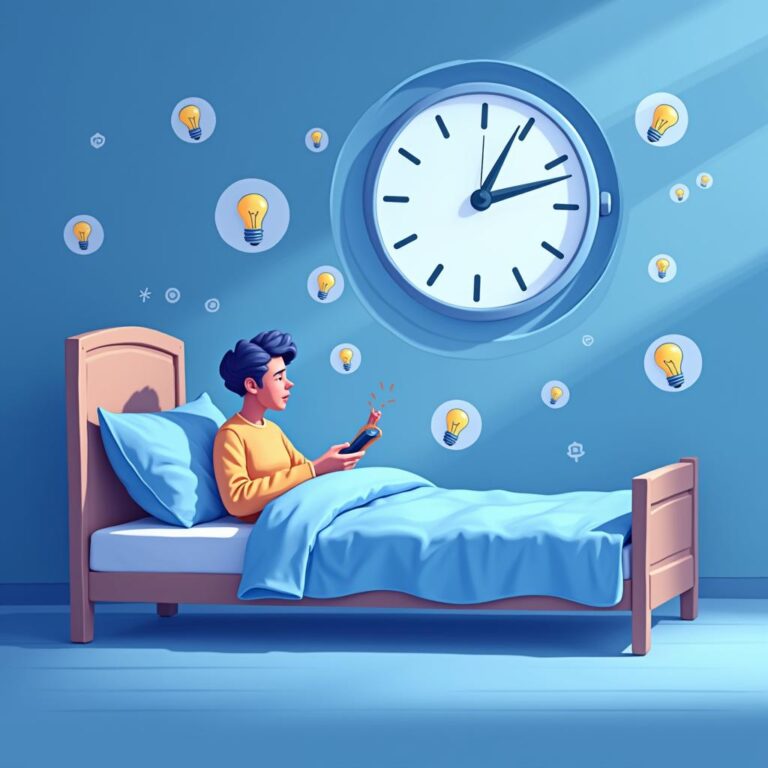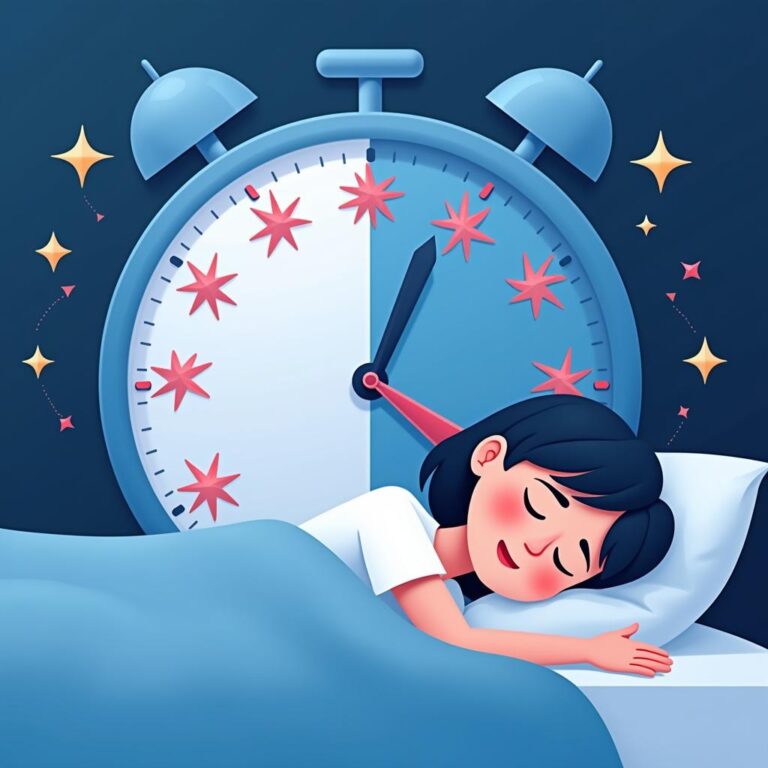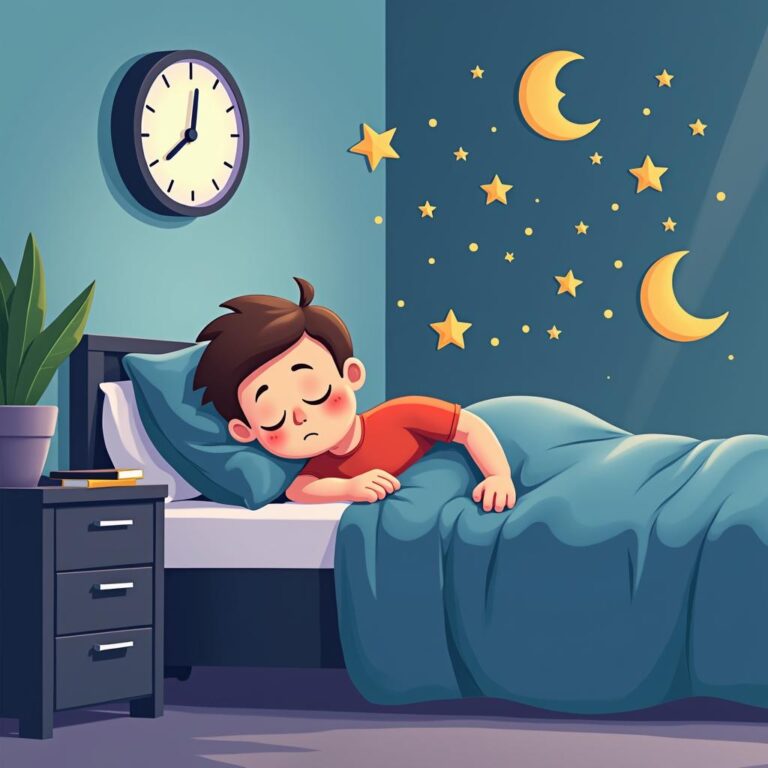In our fast-paced lives, many people seek the holy grail of consistent energy levels throughout the day. Sleep cycles play a pivotal role in achieving this goal. Understanding how sleep cycles work can help you optimize your rest and, in turn, your energy levels. This article will delve into the intricacies of sleep cycles and how to harness their power for consistent energy.
What Are Sleep Cycles?
Sleep cycles are the natural progression of stages during sleep, consisting of non-REM (Rapid Eye Movement) and REM sleep. A complete sleep cycle lasts about 90 minutes and generally includes the following stages:
- Stage 1: NREM Sleep – This is the lightest stage of sleep where you drift in and out of sleep and can be awakened easily.
- Stage 2: NREM Sleep – A deeper sleep stage where heart rate slows, and body temperature decreases, facilitating further relaxation.
- Stage 3: NREM Sleep – Often referred to as deep sleep or slow-wave sleep, this stage is crucial for physical restoration and growth.
- Stage 4: REM Sleep – This stage is critical for mental restoration, memory consolidation, and emotional regulation. It’s where most dreaming occurs.
Throughout the night, an individual typically cycles through these stages about four to six times, with each complete cycle lasting around 90 minutes. Understanding these cycles is vital for achieving better sleep and, consequently, more consistent energy levels.
The Importance of Quality Sleep Cycles
Quality sleep cycles ensure that each stage of sleep is adequately achieved. If your sleep is frequently interrupted or you don’t allow sufficient time for sleep, you may skip crucial stages. For instance, missing out on deep sleep means your body might not sufficiently recover, leading to fatigue, irritability, and a lack of focus throughout the day.
Conversely, proper sleep that allows the completion of full cycles promotes physical health, cognitive function, and emotional well-being. Each cycle nurtures different aspects of your health, making it vital for energy consistency.
How Sleep Cycles Affect Energy Levels
Sleep cycles and energy levels are intricately linked. Here’s how:
- Energy Restoration: Deep sleep (Stage 3) is crucial for physical restoration and energy recovery. The body repairs tissues, builds muscle, and strengthens the immune system during this stage.
- Cognitive Function: REM sleep is essential for cognitive processes, including memory consolidation and emotional regulation. Insufficient REM can cloud your thinking and impact your decision-making abilities.
- Hormonal Balance: Sleep cycles play a role in hormonal regulation, including hormones like cortisol and melatonin, which influence stress and sleepiness, thereby impacting energy.
Achieving optimal sleep cycles can mitigate feelings of fatigue and help maintain a steady energy level throughout your waking hours.
Tips for Optimizing Your Sleep Cycles
To achieve consistent energy through proper sleep cycles, consider the following tips:
Create a Sleep Schedule
Consistency is key. Aim to go to bed and wake up at the same time every day, even on weekends. This helps regulate your body’s internal clock and enhances the quality of your sleep.
Prioritize Sleep Duration
Adults typically need 7-9 hours of sleep per night. Adjust your sleep time to allow for multiple complete sleep cycles, which can improve energy levels and overall health.
Develop a Bedtime Routine
Engaging in calming activities before bed, such as reading a book, practicing mindfulness, or taking a warm bath, can signal to your body that it’s time to wind down. Avoid screens at least an hour before bedtime, as the blue light emitted can disrupt melatonin production.
Create a Sleep-Inducing Environment
Your bedroom should be conducive to sleep. This means keeping it dark, quiet, and cool. Invest in curtains that block out light and consider using white noise machines or earplugs if noise is an issue.
Watch Your Diet and Caffeine Intake
Avoid heavy meals, caffeine, and alcohol close to bedtime. These can disrupt sleep cycles. Opt for light snacks and limit liquid intake to prevent nighttime awakenings.
Exercise Regularly
Regular physical activity can help you fall asleep faster and enjoy deeper sleep. However, try to avoid intense workouts close to bedtime, as this may have the opposite effect. Aim for moderate exercise during the day for optimal results.
Common Sleep Disruptions
Understanding and identifying the factors that disrupt sleep cycles can help you address potential issues more effectively. Here are some common disruptions:
- Stress and Anxiety: High levels of stress can affect your ability to fall asleep and the quality of your sleep cycles.
- Sleep Disorders: Conditions like insomnia, sleep apnea, and restless leg syndrome can disrupt your sleep cycles and prevent you from reaching deeper stages of sleep.
- Environmental Factors: Noise, temperature, and light can affect your sleep quality. Creating a comfortable sleep environment is crucial.
Conclusion
Understanding sleep cycles is essential for achieving consistent energy levels. By prioritizing quality sleep and making lifestyle changes to enhance sleep hygiene, you can optimize your sleep cycles, leading to better physical and mental health. Consistent energy not only fuels your daily activities but also improves your overall quality of life. Remember, a well-rested you is a more productive and vibrant you.







